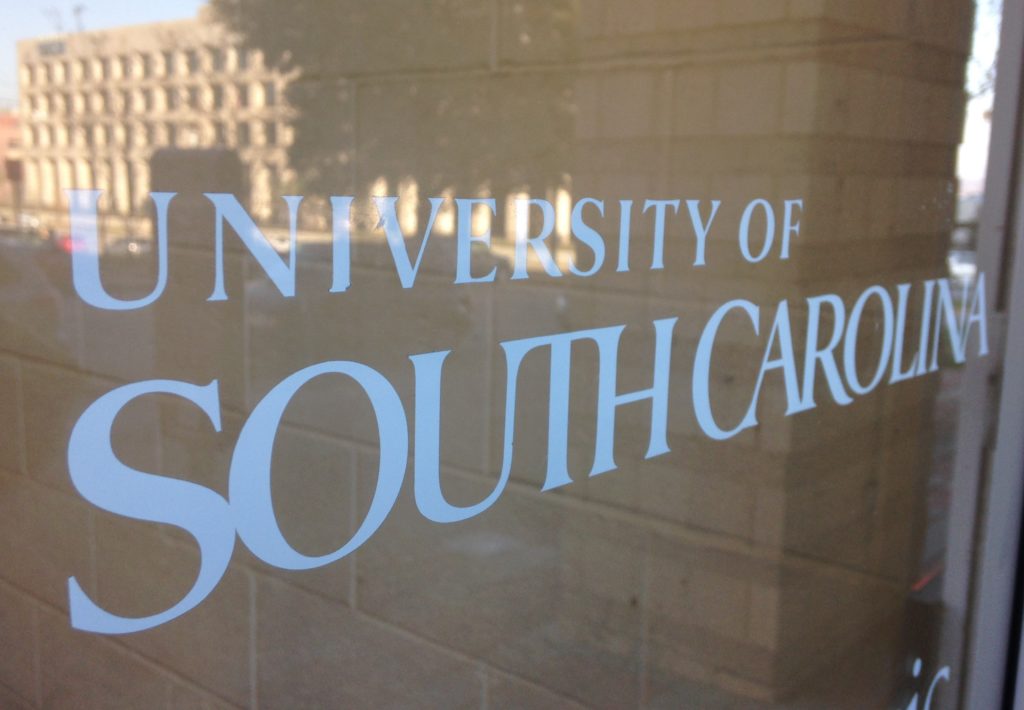Update: House lawmakers inserted language from the bill as a proviso in the state budget, which passed the chamber Wednesday. The budget bill now heads to the Senate.
Under S.376, as passed by the Senate Education Committee, the state’s largest universities (University of South Carolina-Columbia, Clemson and the Medical University of South Carolina) would be exempt from traditional approval and review requirements for a range of projects if they cost less than $5 million.
Such projects are defined loosely as the purchase of land, renovation of facilities or the construction of new buildings (or a combination thereof) that are meant to improve campus property. Projects by smaller universities and tech schools would enjoy the same exemptions if they cost less than $2.5 million.
One recent example of a project that would bypass checks on spending under the bill is the University of South Carolina’s request to spend $3.2 million to purchase land for expanding its intramural sports fields.
In lieu of standard review and approval requirements by the Joint Bond Review Committee (JBRC) and the State Fiscal Accountability Authority (SFAA), the bill requires that projects simply be reviewed by JBRC staff. It also requires project reports be sent to those bodies, in addition to legislative leaders and the governor, however the bill does not require them to take any action.
It’s worth noting that the original version of the bill would let schools create murky government bodies called “auxiliary divisions” through which they would control these projects. Not only would these bodies enjoy the aforementioned exemptions, but division contracts would be totally exempt from oversight by the Commission on Higher Education, which has pushed back against excessive higher education spending in the past.


[…] S.376 – Exempting state colleges and universities from statutory approval and review requirements for a range of projects if the projects cost less than $5 million or $2.5 million, depending on the school (read more about it here) […]